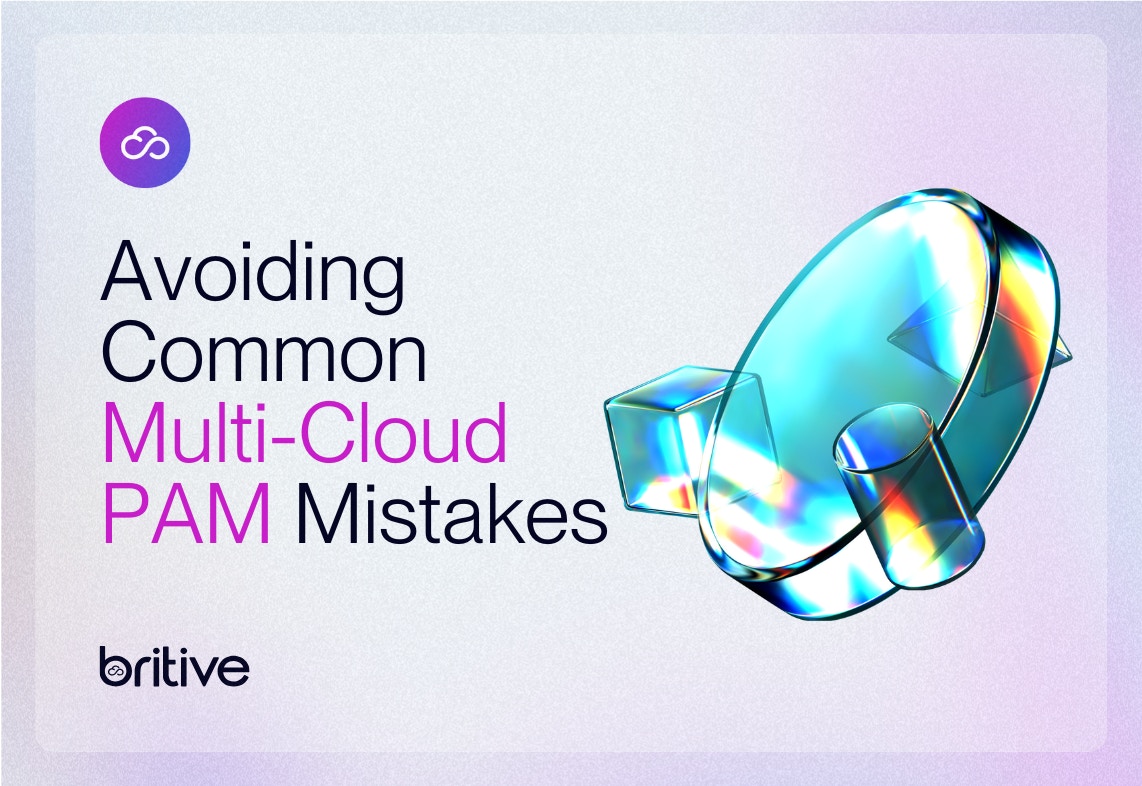


Back to resources
The 4 Essentials for Effective Cloud Secrets Governance
January 2022 / 2 min. read /

Discovering the essentials for effective cloud secrets governance eludes many of today's enterprises.
Toward More Effective Cloud Secrets Governance
Going back many years in the IT universe, some form of privileged credential has been required to access business applications, file shares, data stores and other digital assets. Most typically these privileged credentials were a login name (often an email address) and a password. A decade or two ago, when an organization’s users and digital assets were all secured within a firewall-protected datacenter, username/password combos provided reasonably effective security and privacy.
As applications and developer tools have become more complex and increasingly need to access sensitive data or protected resources—such as other applications, cloud environments, DevOps platforms and containers—secrets management priorities shifted. More than ever before, non-human digital identities known as secrets have had to come into play to ensure security. In fact, today’s cloud-oriented organizations can easily find themselves managing millions of secrets—private digital signifiers or pieces of data used to gain access to secure resources.
The Role of Secrets Governance in Cloud Access Management
Cloud access management is significantly different to access management of previous times. For organizations of every size, the cloud has significantly expanded their secrets attack surface, and increased pressure to reduce exposure to vulnerabilities. Likewise, the adoption of DevOps processes for launching new apps and services—a movement being embraced by organizations large and small—is bringing with it a host of new risks.
The good news is that today’s advanced dynamic permissioning platforms that incorporate just-in-time (JIT) secrets provisioning capabilities and enforcement mechanisms for zero standing privileges (ZSP) can overcome these obstacles. The automated granting and revocation or expiring of permissions—Just In Time (JIT) privilege grants—is highly effective at minimizing attack surfaces.
You can learn all about just in time (JIT) secrets provisions and zero standing privileges ZSP enforcement by downloading: The Four Essentials for Effective Cloud Secrets Governance.

